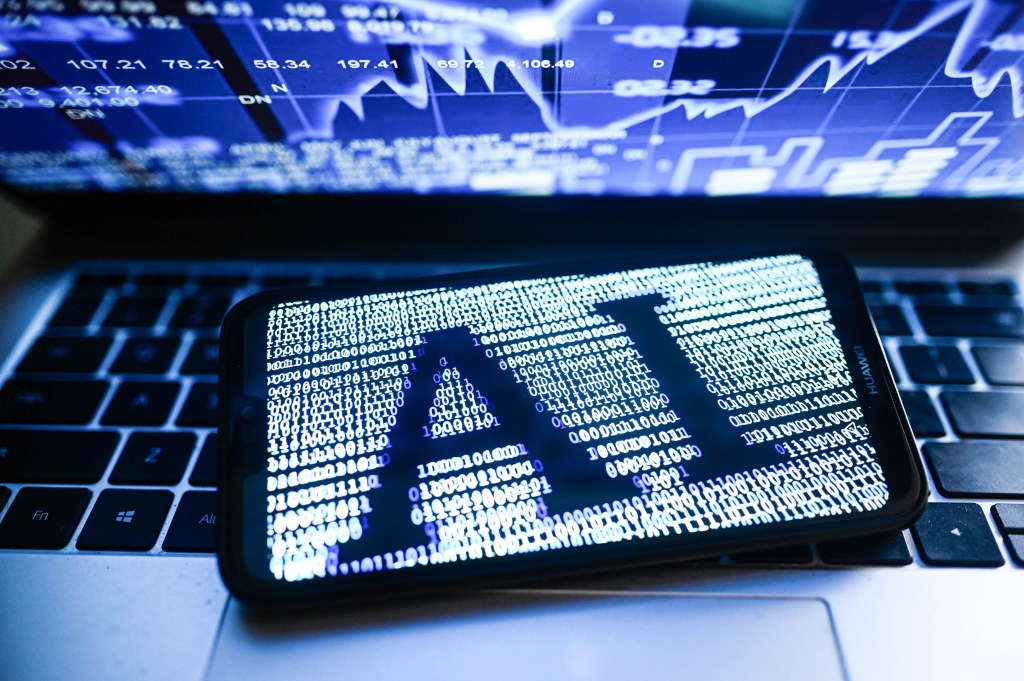Hollywood Titans Unite Against AI Threat to Copyright: Understanding the Movement
In an unprecedented show of solidarity, prominent figures from Hollywood, including the acclaimed filmmaker Lilly Wachowski and music icon Paul McCartney, have come together to confront the rising threat artificial intelligence (AI) poses to copyright laws. Their recent open letter to the White House serves as a clarion call for action, emphasizing the urgent need to safeguard creative rights in a rapidly evolving digital landscape. This article delves into the implications of AI on copyright, the responses from the entertainment industry, and the broader societal context surrounding this critical issue.
The Rising Tide of AI and Its Impact on Creative Industries
As technology continues to advance at a breakneck pace, the entertainment industry faces a new frontier marked by the integration of AI. From generating music and art to scripting films and television shows, AI’s capabilities are growing more sophisticated. While these developments offer exciting possibilities, they also raise significant concerns regarding intellectual property rights and the originality of creative works.
The core issue lies in how AI systems are trained. Many of these systems utilize vast datasets, often comprising existing works protected by copyright. This raises questions about ownership, as AI-generated content can replicate or closely resemble human-created works. The potential for infringement becomes a pressing concern for creators and artists who fear their intellectual property may be exploited without proper compensation or acknowledgment.
Hollywood’s Response: A Unified Front
In response to the challenges posed by AI, the open letter spearheaded by Wachowski and McCartney highlights a collective effort among industry leaders to advocate for robust copyright protections. This initiative is not merely a reaction to technology but a proactive stance aimed at shaping legislation that reflects the realities of a digital age.
- Collaboration Across Disciplines: The letter has garnered support from a diverse range of professionals, including filmmakers, musicians, and writers, all of whom recognize the need to protect their creative livelihoods.
- Legislative Action: The signatories are calling for the White House to take a decisive stand on copyright reform, ensuring that laws evolve to encompass the unique challenges posed by AI.
- Public Awareness: The initiative aims to raise awareness about the potential risks associated with AI in creative fields, urging the public to support measures that protect artistic expression.
Key Points from the Open Letter to the White House
The open letter articulates several critical points that underscore the urgency of addressing AI’s impact on copyright:
- Protection of Original Works: Creators must have the right to protect their original works from unauthorized replication or modification by AI systems.
- Fair Compensation: Those who contribute to the creative process should receive fair compensation for the use of their works, regardless of whether the content is generated by a human or AI.
- Transparency in AI Development: Companies developing AI technologies should be transparent about how their systems are trained and the sources of their data, ensuring respect for existing copyrights.
The Broader Implications for Society
The conversation sparked by this open letter transcends the entertainment industry. It highlights a fundamental question: how do we define creativity in an age where machines can mimic human thought and artistry? As AI continues to evolve, society must grapple with the implications of its integration into various fields, including journalism, education, and business.
Moreover, the rise of AI-generated content could dilute the authenticity of artistic expression. If audiences begin to consume works created by algorithms, will they lose appreciation for the human touch that characterizes true artistry? This concern drives the need for a dialogue that includes not just creators but also consumers, policymakers, and technologists.
Potential Solutions: Navigating the Future with Caution
As Hollywood titans call for action, several potential solutions emerge to address the copyright challenges posed by AI:
- Updated Copyright Laws: Legislators must consider how existing copyright laws can be updated to include provisions that address AI-generated content specifically.
- AI Ethics Guidelines: Establishing ethical guidelines for AI development can help ensure that creators’ rights are respected and protected.
- Educational Initiatives: Raising awareness about AI’s capabilities and its potential impact on creativity is crucial for both creators and consumers, fostering a more informed public discourse.
The Role of Technology Companies
Technology companies play a pivotal role in the AI landscape. As creators advocate for their rights, these companies must also be part of the solution. By engaging with artists and industry stakeholders, they can develop AI tools that complement rather than undermine human creativity.
Collaboration between artists and technologists could lead to innovative applications of AI that enhance the creative process without infringing on copyright. For instance, AI can serve as a collaborative partner, assisting musicians in composing melodies or helping filmmakers visualize scenes without replacing the human touch.
Conclusion: A Call to Action for All Stakeholders
The united front of Hollywood titans against the AI threat to copyright marks a significant moment in the ongoing discourse surrounding technology and creativity. As we stand at the crossroads of innovation and tradition, it is imperative for all stakeholders—creators, consumers, policymakers, and technology companies—to engage in meaningful dialogue and collaborative efforts.
By addressing the challenges posed by AI while embracing its potential, we can forge a future where creativity thrives, and the rights of artists are protected. The open letter to the White House is not just a call to action; it is an invitation for society to reflect on the essence of creativity in an era defined by rapid technological advancement.
As we navigate this complex landscape, let us champion the cause of creativity and ensure that the voices of artists are heard and respected in the age of AI.
See more CNET Live

